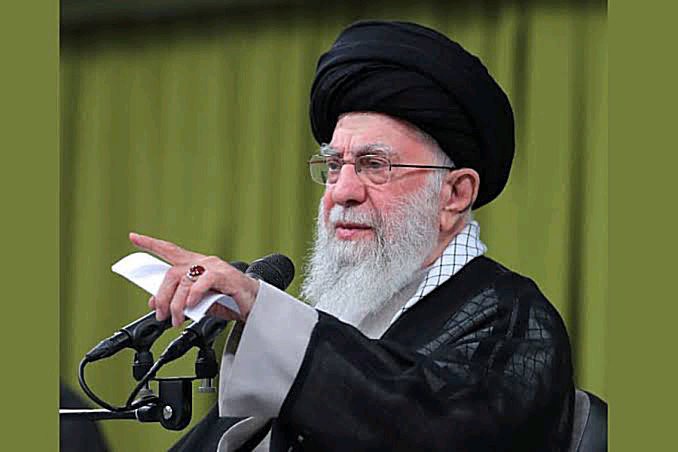Iran’s Supreme Leader, Ayatollah Ali Khamenei, has called for greater utilization of the opportunities presented by Iran’s membership in global organizations such as BRICS.
In a statement shared on his verified Twitter account, Khamenei emphasized the importance of the BRICS financial system and its potential to revolutionize trade among member countries by relying on their national currencies instead of the US dollar.
Highlighting the challenges posed by dollar dependence, Khamenei noted that this issue is not unique to Iran. “Those countries [members of BRICS] have also understood this,” he wrote, underscoring the shared concern among member states about the dominant role of the US dollar in international trade. He further urged Iranian policymakers and businesses to strive toward minimizing dollar usage in trade transactions to bolster economic resilience.
BRICS, an acronym for Brazil, Russia, India, China, and South Africa, has recently expanded its membership to include Iran and other nations. The organization has been actively working to develop alternatives to dollar-dominated financial systems, including establishing mechanisms for trade using local currencies.
Khamenei’s remarks align with Iran’s broader strategy to counter economic sanctions imposed by the United States, which heavily rely on the global reach of the dollar. The push to de-dollarize trade could provide Iran and other BRICS members with greater financial autonomy and a buffer against external economic pressures.
To Get More News, Click The Button Below.👇

